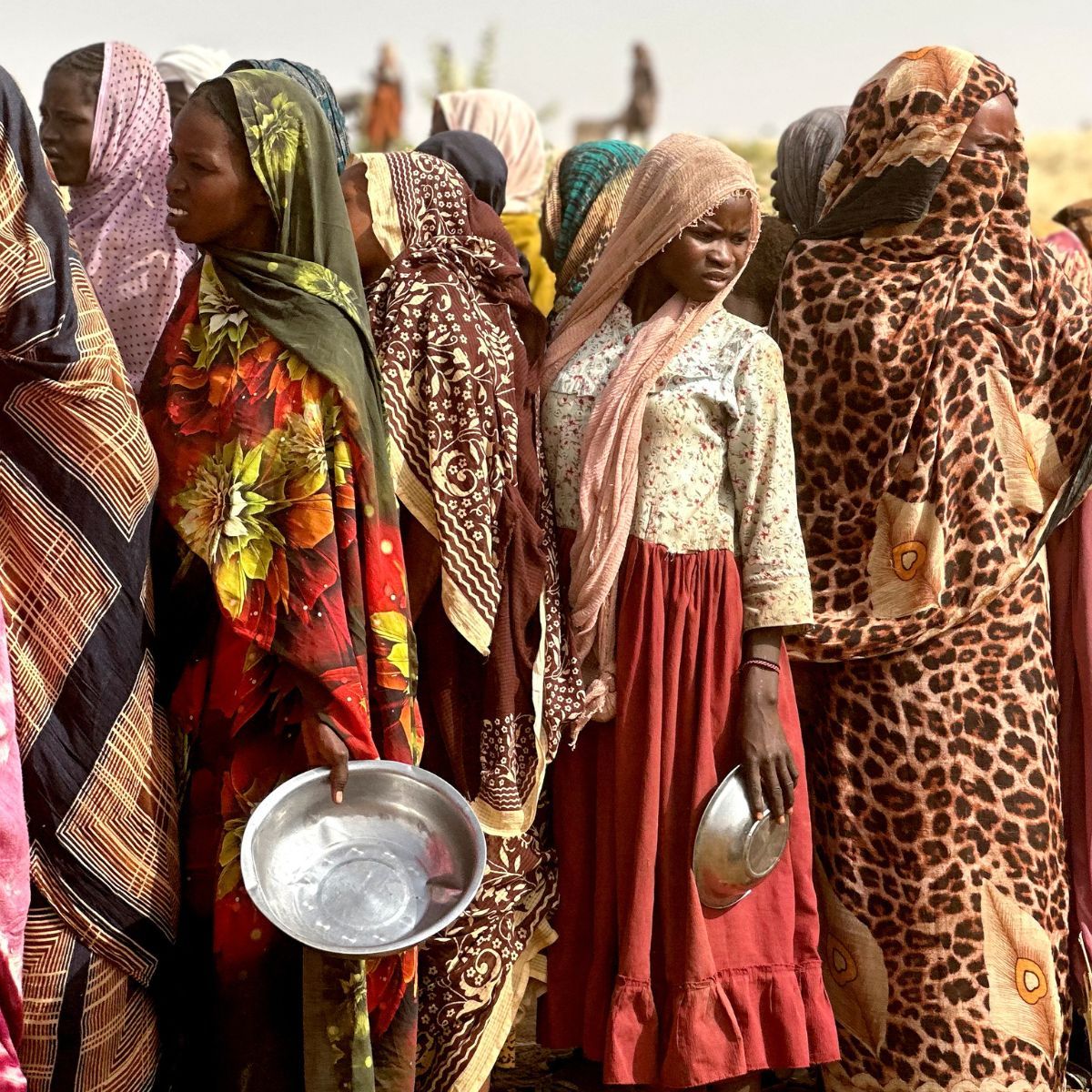
As conflict rages across Sudan, the United Nations has declared a gender crisis, warning that women and girls are suffering the most. With widespread reports of sexual violence, forced displacement, and collapsing healthcare systems, the situation has become a humanitarian emergency with lasting consequences.
The declaration—issued by UN Women and other humanitarian organisations operating in the region—highlights the alarming conditions faced by Sudanese women and girls, who are increasingly vulnerable in a conflict that has displaced millions, destroyed infrastructure, and strained already limited resources.
What Is Happening in Sudan?
As fighting between Sudan’s rival military factions continues to devastate the country, women and girls are bearing the brunt of the violence. According to UN estimates, more than 14.3 million people have been forced to flee their homes, with women and children making up the majority of those displaced. Many now live in overcrowded camps where access to food, water, and medical care remains severely limited.
Even more alarming are the widespread reports of sexual violence and exploitation. Humanitarian workers report that sexual violence is being used as a weapon of war, with women and girls subjected to rape, forced marriages, and trafficking. UN officials warn that the trauma inflicted by these acts will have long-lasting social and psychological effects on future generations.
“With conditions now at near famine thresholds in several regions in the country, it is not just a food crisis, but a gender emergency caused by a failure of gender-responsive action,” said Salvator Nkurunziza, UN Women Representative in Sudan. “Women and girls are bearing the brunt of severe food insecurity, with fewer resources, less access to aid, and greater exposure to risk.”
How Women and Girls Are Disproportionately Affected
The scale of the humanitarian disaster has reached critical levels, according to reports. Access to health services, particularly for women, is severely limited, with maternal and reproductive care especially hard hit. Many pregnant women in conflict zones are unable to access medical facilities, putting both their lives and their babies’ lives at risk.
Displaced women face increased risks of exploitation in refugee camps and temporary shelters. The lack of adequate security has left many vulnerable to assault, forced labour, and trafficking. Amnesty International reports from the ground indicate that young girls are being coerced into sexual slavery by armed groups.
Efforts to provide aid have also been severely hindered. Humanitarian convoys are frequently attacked, and aid workers are often targeted or caught in crossfire. As a result, many organisations have been forced to scale back or suspend their operations, leaving vulnerable populations without critical support. According to an official report, “Women are hungrier, poorer, and more desperate than ever.”
What You Can Do
While the situation is dire, there is still action you can take. International pressure and grassroots activism can help drive change. UN research shows that when women are included in peace processes and political negotiations, the outcomes are more sustainable and inclusive.
5 Charities & NGOs You Can Support
Many UK-based and international organisations are working directly with women and girls in Sudan. Donations can make a real difference, especially during times of crisis.
- Women for Women International – Supports women in conflict zones like Sudan.
- Sudanese Organisation for Research and Development (SORD) – Focuses on women’s rights in Sudan.
- International Rescue Committee (IRC) – Provides health and protection services.
- Médecins Sans Frontières (MSF) – Delivers healthcare, including maternal care.
- UN Women – Supports women’s empowerment globally.







